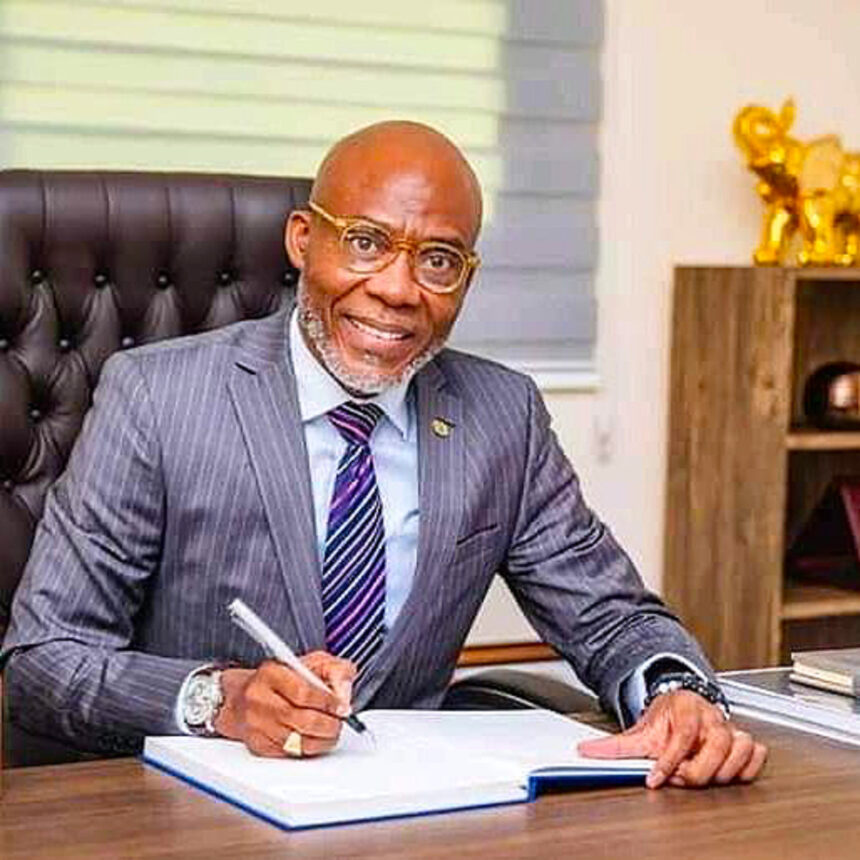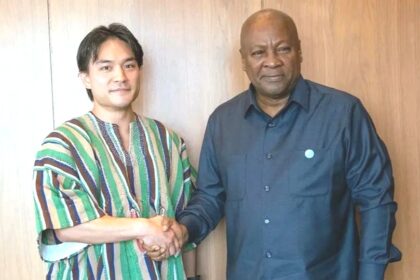Musah Superior writes;
BROKEN PROMISES: Part 4
THE WOMEN’S BANK: MAHAMA’S BIG PROMISE; GOVERNMENT’S BIG SILENCE
In the run-up to the 2024 elections, no promise from the National Democratic Congress (NDC) was trumpeted more loudly to Ghanaian women than the pledge to establish a Women’s Development Bank (WDB). It was not a side note in the manifesto, but a headline policy marketed as a game-changer for female entrepreneurs, market women, and small business owners long cut off from affordable credit.
John Dramani Mahama himself, on multiple campaign platforms, sold the WDB as a bold fix for financial exclusion. At the Voice of Women (VOW) launch in October 2024, he went further, pegging the seed capital at the cedi equivalent of $20 million. His running mate, Prof. Jane Naana Opoku-Agyemang, reinforced the message on campaign platforms, describing the bank as a “well-thought-through policy” designed to deliver flexible, low-interest loans and business support tailored for women. NDC’s Communications Officer, Sammy Gyamfi, echoed the same, assuring voters the WDB would be a “special-purpose bank run by women” and a cornerstone of the next Mahama government.
The NDC 2024 manifesto itself enshrined the pledge: the WDB was to empower a minimum of one million women, deliver training, and dismantle the barriers to credit that have stifled women-led businesses.
Fast-forward to 2025, and the government’s record on this flagship promise could not look more underwhelming. In March 2025, Finance Minister Cassiel Ato Forson stood before Parliament to announce that the government had allocated GH¢51.3 million as seed capital for the bank. On the surface, that sounded like follow-through. But scratch a little deeper and the cracks appear: the figure falls far short of Mahama’s $20 million pledge. At current rates, GH¢51.3 million doesn’t match the ambition that candidate Mahama promised on the campaign trail.
Worse still, the Mid-Year Budget Review in July 2025 was silent on progress. No report of a licence. No board appointments. No operational office. No loan disbursements. In fact, apart from repeating what had already been said in the March budget, the government has offered little more than silence. Eight to nine months into office, the WDB remains a phantom institution; a promise still trapped on paper.
The hollowness of the government’s commitment was underlined again earlier today, 20th September 2025, when the Chief of Staff, Julius Debrah, together with the Walk With Julius Group, donated GH¢500,000 to boost women entrepreneurs at the Madina Chamber of Commerce. While generosity in itself is not wrong, the gesture is laughable in context. Here is the Chief of Staff; a man rumoured to be nursing a presidential ambition, staging donations when he is in a position to be mobilising the government to fulfill the far more consequential Women’s Bank promise. Charity cheques cannot substitute for government policy.
This stark contrast between campaign fervor and governing lethargy is striking. In 2024, Mahama and the NDC staged women at the heart of their campaign, using the WDB as a flagship symbol of empowerment. Today, the very women who were mobilized with chants of financial liberation are left wondering if this was yet another cynical election gimmick.
The NDC cannot escape accountability on this one. You cannot campaign on the urgency of giving women their own development bank, trumpet it as the backbone of female empowerment, then relegate it to a line item in a budget without any follow-through. The gap between the fire of campaign rhetoric and the cold neglect in government is too glaring to ignore.
Ghanaian women deserve more than slogans and token allocations. They deserve action. They deserve the Women’s Bank they were promised. And until John Mahama’s government can show concrete progress — not just budget lines but a functioning institution — the WDB will remain a textbook case of political promises betrayed.


